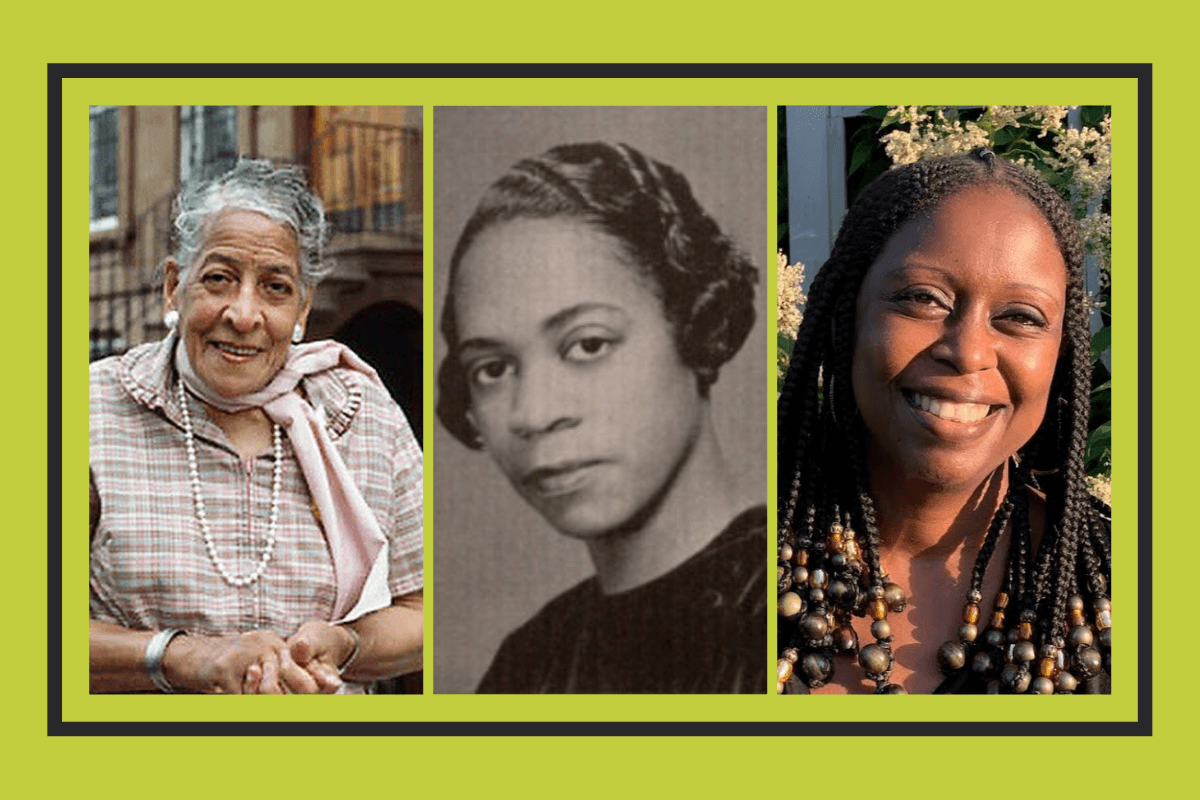This site uses cookies – Learn more.
Celebrating Black Horticulture
Celebrating Black Horticulture

As we celebrate Black History Month, we want to highlight just a few of the community’s many unsung horticultural icons. Their legacies and contributions demonstrate the immeasurable impact the Black community has always had on the field of horticulture.
Here in New York, the work of some of these dedicated gardeners is on display for all to appreciate and enjoy. In the neighborhood of Bedford Stuyvesant there is an impressive grove of street trees. Oftentimes people from the neighborhood stop in their shade, wondering who it was that stewarded the relief that these trees provide from the summer sun. As it turns out, they are the timeless result of neighborhood legend Hattie Carthan’s hard work.
Hattie Carthan founded the Bedford-Stuyvesant Beautification Committee in 1966. Within five years of establishment, the committee formed a youth education program called the Neighborhood Tree Corps., which provided a stipend for summer work and taught young people about trees. Hattie oversaw over 100 block associations which planted over 1,500 trees, including ginkgo, sycamore, and honey locusts that still exist today. Now a vibrant community garden and urban farming community share her name and legacy, and a cultivar of yellow magnolia was also named in her honor by the Brooklyn Botanic Garden. Her story is well-known throughout Brooklyn, but there are countless other Black New Yorkers who have stewarded greenspaces all throughout the city.
In the Bronx, Marie Clark Taylor was the first African American woman to gain a PhD in botany and the first woman ever to gain a PhD from Fordham University. Her dissertation studied the influence of photoperiods on the growth and development of floral buds through a process called photomorphogenesis. During the mid-1960s, she was specifically requested by President Lyndon B. Johnson to disseminate her innovative teaching curriculum—which included real botanical materials—to a national and international audience. Her legacy has paved the way for a new generation of scientists, as she opened the door for women in science.
Even today, Black horticulturists are creating new and innovative designs, and pioneering exciting trends in horticulture. Wambui Ippolito won the 2021 Best in Show award at the Philadelphia Flower Show. Wambui’s designs are influenced by her mother’s garden in Nairobi, Kenya. She is the founder of the BIPOCC Hort Group, which aims to amplify the voices of people of color working in ornamental horticulture. The group also encourages others to explore their indigenous memories and cultural traditions for insights on how to work together and be conscious stewards of the land. Her impacts continue a long tradition of innovation by Black horticulturists in the space.



